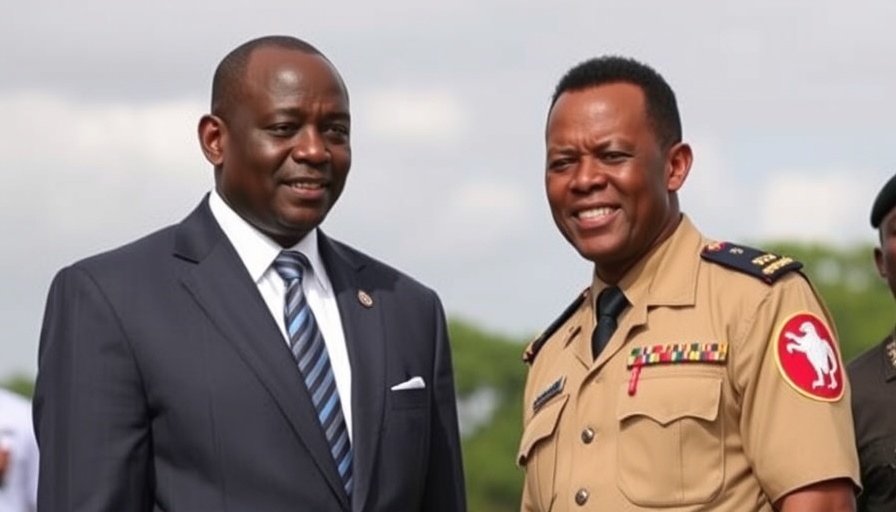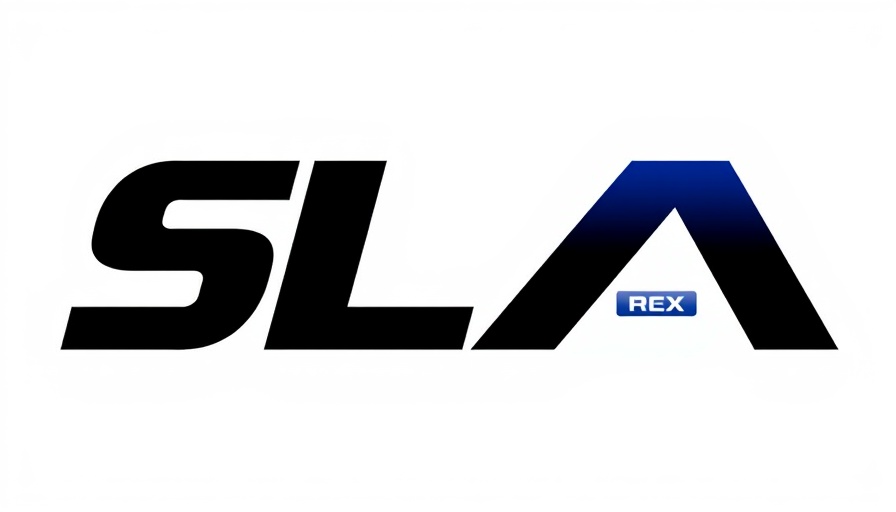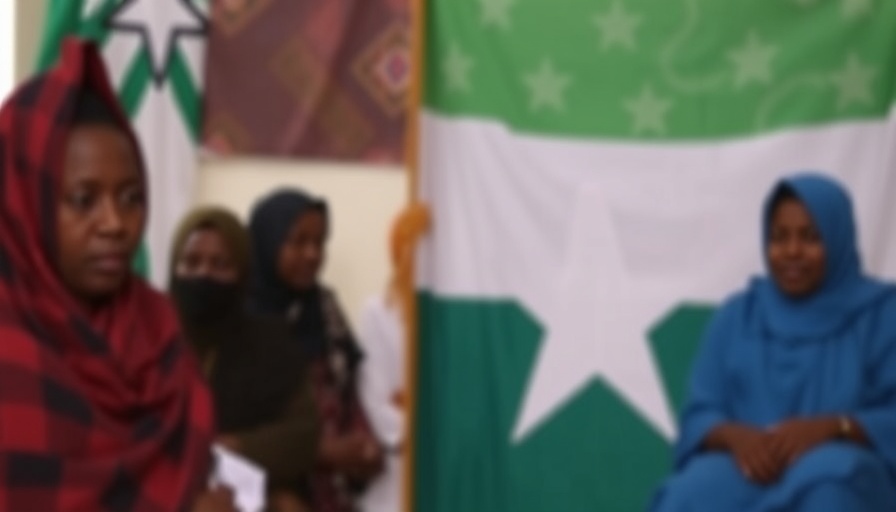
Congo's New Government: A Response to Unyielding Crisis
In a bold move amidst escalating security challenges, the Democratic Republic of the Congo (DRC) has unveiled a new government aimed at confronting the mounting crises in the eastern regions of the country. Under the leadership of President Félix Tshisekedi, this cabinet encompasses a diverse array of political factions aimed at fostering unity and enhancing governance amid the chaos brought by armed groups and economic instability.
Rethinking Governance in the Face of Insecurity
The new government's formation is crucial as the security situation in eastern Congo has spiraled into an urgent humanitarian crisis, impacting local communities and attracting international scrutiny. The DRC's eastern territories have grappled with instability for years, primarily due to myriad militia activities that have created a fragile living environment. By prioritizing security policy reforms, the Tshisekedi administration seeks to bid farewell to a cycle of violence that stymies economic momentum and alienates citizens.
The Economic Implications of Political Changes
For both investors and policymakers, the establishment of a new government in the DRC signals a potential watershed moment in Africa’s economic landscape. The country is rich in minerals crucial to global supply chains, yet political fragmentation has long hindered foreign investment. The current geopolitical dynamics make it imperative for the DRC to stabilize as neighboring countries and international trade partners reevaluate their economic strategies vis-à-vis the region. Therefore, enhancing governance can directly correlate with strengthening the African economy on the global stage.
International Relations: A Balancing Act
As the DRC steps into a new era of governance, its relationships with key global players, including the EU and China, are integral to assessing future trade policies. The DRC's inclusion in frameworks like BRICS presents an opportunity to not only fortify economic resilience but also attract collaborative partnerships essential for infrastructure development and technological advancement in Africa. A careful balancing act will need to be navigated to ensure that the DRC remains an attractive destination for international investments while securing its sovereignty.
Future Implications: Navigating the Path Ahead
The decisions made by Congo's new government will resonate beyond its borders, influencing neighboring nations grappling with similar issues of governance and security. African analysts are keenly watching how the current administration implements its policy promises, as these developments could set a precedent for broader African governance trends. Successful stabilization could uplift not just the DRC but also concentrate resources beneficial for regional growth, impacting global perceptions of Africa's role in international relationships.
As the DRC progresses forward, stakeholders must remain vigilant. The approaching months will be pivotal in determining whether the new cabinet is a genuine harbinger of change or just another chapter in a prolonged saga of instability. Engaging comprehensively with the ongoing geopolitical dynamics and the imperative of political accountability will be crucial for shaping the future of the DRC and enhancing its role in global markets.
 Add Row
Add Row  Add
Add 


Write A Comment